Search Results
Showing results 1 to 20 of 48

The Dirt on Dirt
Source Institutions
In this fun gardening activity, learners discover their soil type. There are three basic soil types: sand, silt, and clay.
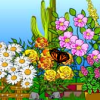
Animal Attraction
Source Institutions
Investigate a flower's power of marketing by making an imitation flower that successfully signals a bee (or other pollinator of your choice) to visit.

Glove Gardens
Source Institutions
In this activity, learners create a garden in a disposable glove. They learn about the conditions necessary to make the seeds sprout and actively participate in caring for their plants.
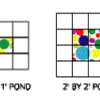
Paths and Ponds
Source Institutions
In this activity, learners use squares to figure out how many border tiles are needed to enclose different areas.
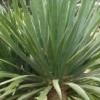
How Plants Grow
Source Institutions
In this biology activity (page 3 of the PDF), learners will explore how plants turn sunlight into food through a process called photosynthesis.

Floating and Sinking Fruits and Veggies
Source Institutions
In this activity, learners will explore the density of an object in water. Learners will compare what happens to fruits and vegetables in regular and salt water.
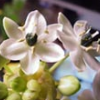
Film Canister Farming
Source Institutions
In this hands-on botany activity, learners sprout vegetables in film canisters.

Patterns and Relationships: Peddling Petals
Source Institutions
In this math lesson, learners use the setting of a flower-making fundraiser to explore a variety of patterns. Learners examine the patterns in a flower design made of triangles surrounding a square.
Growing Plants: Track Their Growth
Source Institutions
In this activity, learners will be working with predictions with a time frame of one week, or longer. Start by planting seedlings.
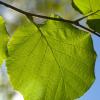
Leaf Me Alone
Source Institutions
In this activity, learners explore the structure of plant leaves. Learners find out what happens when they coat either the top or bottom sides of leaves with petroleum jelly.
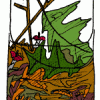
Decomposition Column
Source Institutions
In this activity, learners turn empty 2-liter bottles into a see-through compost container.
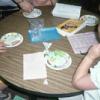
Plant Parts and Their Diseases
Source Institutions
This exercise is designed to teach young learners the different parts of a plant (root, stems, leaves, flowers, fruit, and seeds), the basic functions of each part, and to show that tiny microscopic o
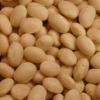
A Swell Activity with Beans
Source Institutions
In this combination chemistry and physics activity, learners explore water absorption in dried beans or peas and learn how this affects their physical properties.

Seed Orbs
Source Institutions
In this activity, learners will make seed orbs to grow new trees and plants. Learners will explore ecology and life cycles as well as stewardship through this activity.
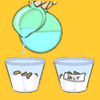
Salt, Soil and Seeds
Source Institutions
Discover how the salt in soil affects plant growth with a few seeds, some cotton, and salt. In this hands-on activity, you will plant seeds in 2 different kinds of soil, containing more or less salt.
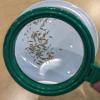
Grass Seed Hair Cups
Source Institutions
In this activity learners will plant grass seed and track the growth of the grass over time.

Pollinator Bath
Source Institutions
In this activity, learners will build a design and build a place for pollinators to drink from.
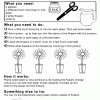
Find Out How Plants Use Water
Source Institutions
In this activity, learners investigate how plants use water. By making the flowers change color, learners see how water moves up the stem to the leaves and the flowers.
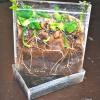
CD Greenhouse
Source Institutions
In this activity, learners plant seeds and watch them sprout and grow inside a CD case.
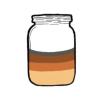
Soil Density
Source Institutions
In this activity, learners will test soil content using their sample, some water and a container that seals.
